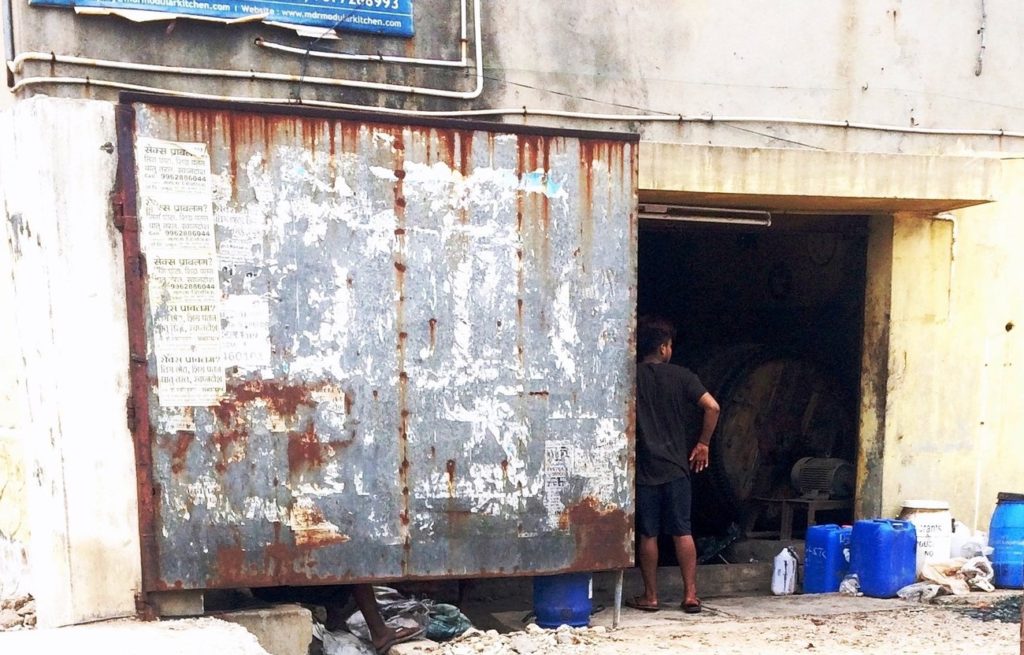On International Labour Day 2020, Cividep is collaborating with the Business & Human Rights Resource Centre on the Invisible Workers blog miniseries to shine a spotlight on the struggles of home-based workers in global supply chains.
This miniseries platforms concerns facing home-based workers and shares solutions for how the business community and policymakers can respond. The blogs detail the realities that this particularly at-risk group is facing and reflect on how their situation can be improved moving forward.
The home-based workforce is an especially vulnerable group of workers in global supply chains. Typically, they work in isolation, in or around their homes producing goods or providing services for a wide range of industries. Most home-based workers are women, who form a large informal global economy of “invisible” workers because they are rarely covered by government and company labour policies. They are often paid piecemeal rates and have little or no access to social protection. Their already precarious situation has been exacerbated by the COVID-19 pandemic that exposes home-based workers to even greater vulnerabilities as brands cancel their orders, leaving workers to face enormous economic losses that threaten their livelihoods.
In Organising is Essential for Home-workers, the authors discuss the benefits of organising and collective bargaining arrangements and the importance of freedom of association.
Human rights due diligence can help home-based workers hidden in India’s Leather Industry speaks to the criticality of rigorous due diligence in global supply chains, and the potential of a collaborative approach in producing incremental improvements.
Read the series, a result of a collaboration between Pradeepan Ravi from Cividep India, Lucy Brill from Homeworkers Worldwide, and Annie Delaney from RMIT university, Melbourne, Australia, in its entirety at this link.
